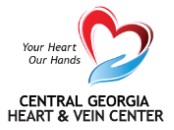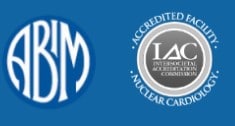Transesophageal echo (TEE) is used when your doctor needs a more detailed view of your heart. For example, TEE may be used to look for blood clots in your heart. A doctor, not a sonographer, performs this type of echo. The test provides ultrasound photos of your heart to your cardiologist so they can get a detailed image. Unlike other Echocardiograms, this one is performed by placing a thin tube down your mouth and esophagus. It then allows a doctor to look at the upper chambers of your heart with sound waves.
A couple interesting facts about a Transesophageal Echocardiogram (TEE)
- TEE is a test that takes an image of your heart muscle, chambers, valves, and pericardium with sound waves.
- Doctors use a Transesophageal Echocardiogram (TEE) only when a standard echocardiogram will not provide sufficient imaging.
How A Transesophageal Echocardiogram (TEE) Is Performed
First, medication to ensure relaxation is administered to patients via injection. The cardiologist will also ensure your blood pressure, oxygen levels, and vitals are stable and continue to monitor trough the procedure. An oxygen tube is attached to your nose. Then the back of your throat will be numbed with gel or spray to prevent gagging. Then a thin flexible tube is inserted into your mouth and down your esophagus. A TEE is performed extremely gently to prevent any damage or pain.
The pictures of your heart are then recorded as your doctor moves the transducer around in your esophagus and stomach. You shouldn’t feel any discomfort as this happens.
Although the imaging usually takes less than an hour, you may be watched for a few hours at the doctor’s office or hospital after the test.
Why Is A TEE Performed?
When your cardiologist performs a Transesophageal Echocardiogram, they are looking for something specific. Here are a few reasons why a TEE would be performed:
- They are concerned with the size of your heart and how thick its walls are.
- The cardiologists need to know how well your heart is pumping.
- If there is abnormal tissue around your heart valves that could indicate bacterial, viral or fungal infections or cancer.
- If blood is leaking backward through your heart valves (regurgitation) or if your valves are narrowed or blocked (stenosis).
- If blood clots are in the chambers of your heart, in particular, the upper chamber, for example after a stroke.
How To Prepare For A TEE
This procedure is minimally invasive. Cardiologists recommend not eating 6-8 hours before the procedure, abstinence from alcohol for several days, and to plan for another driver to take you home.





